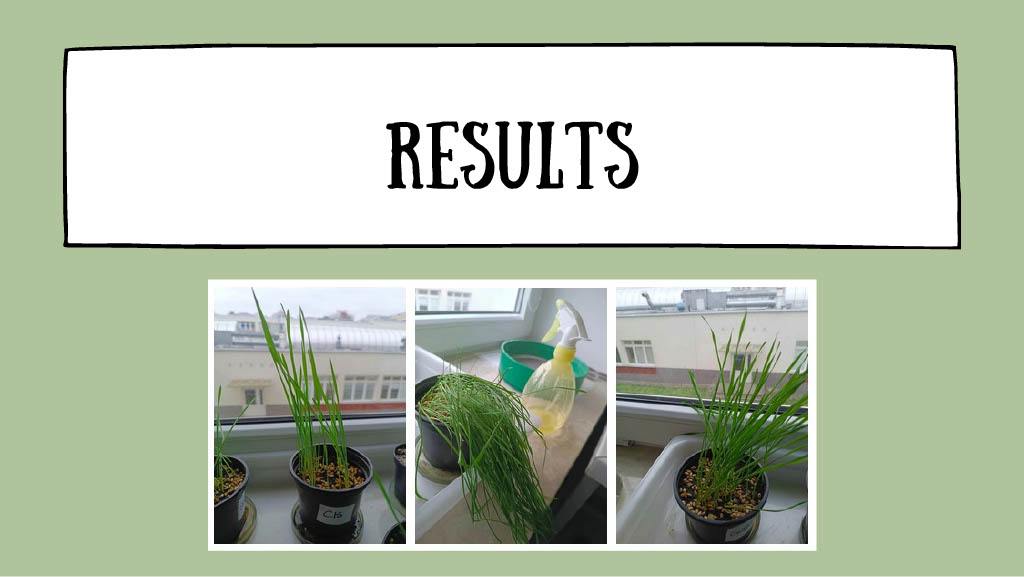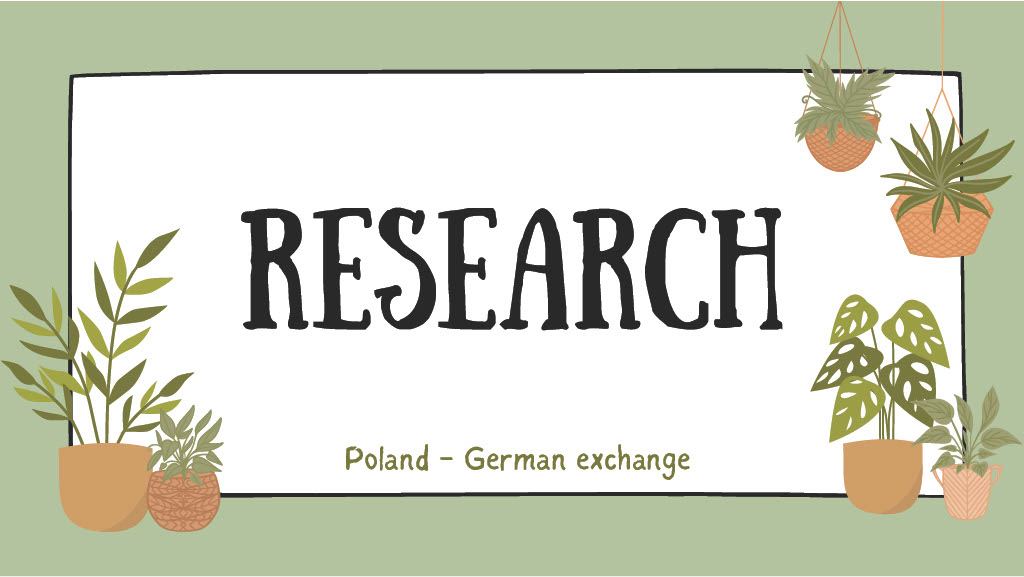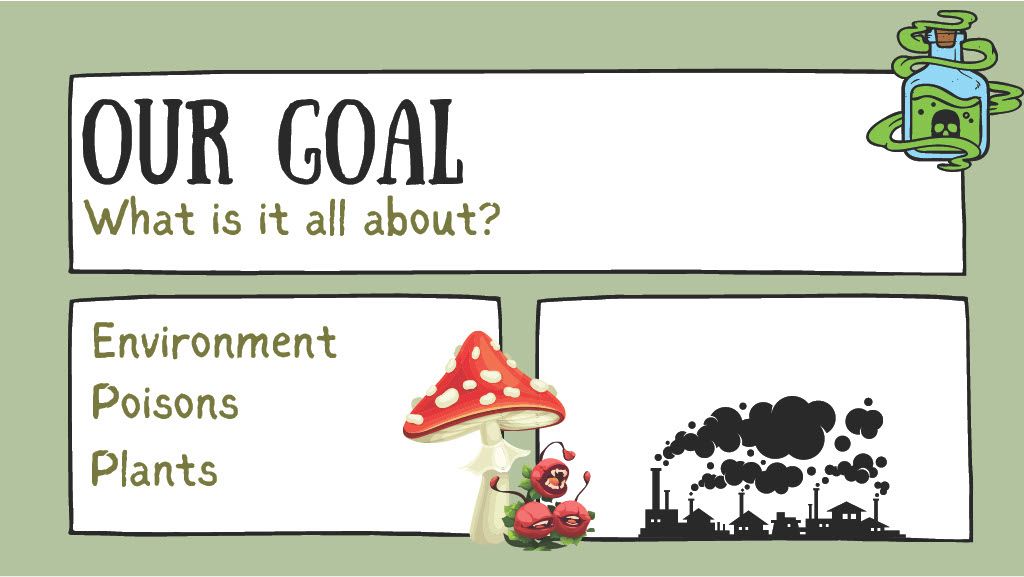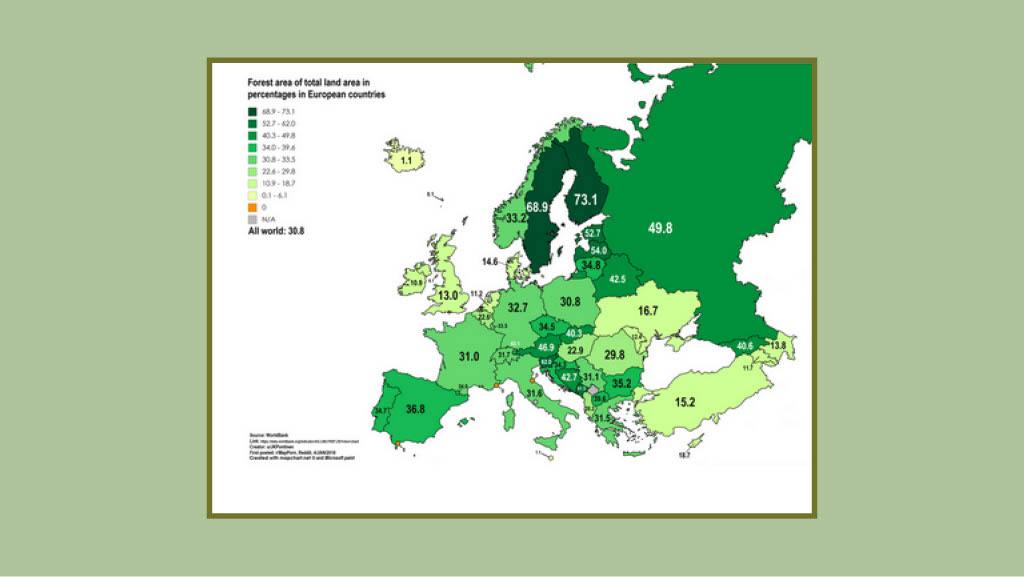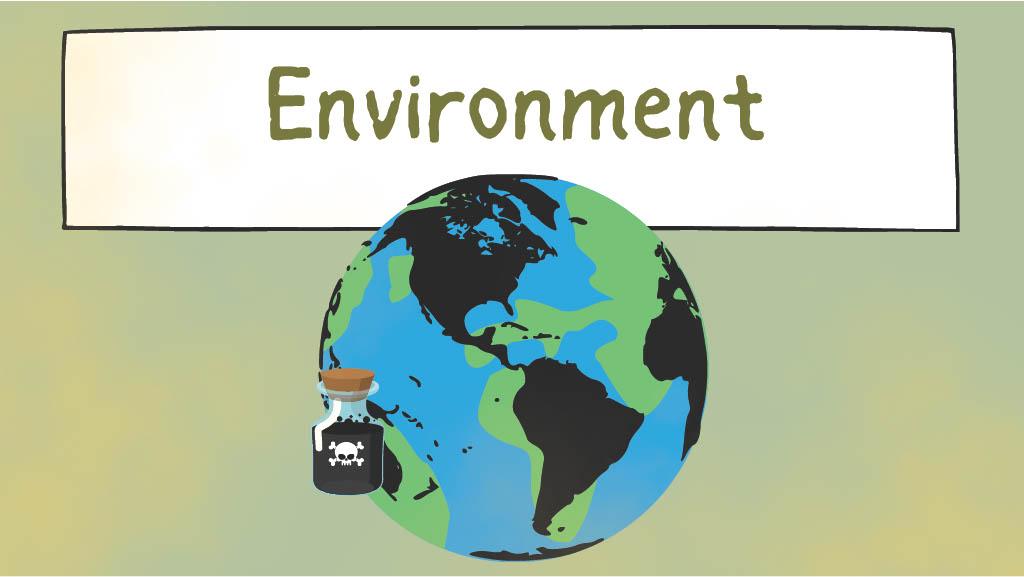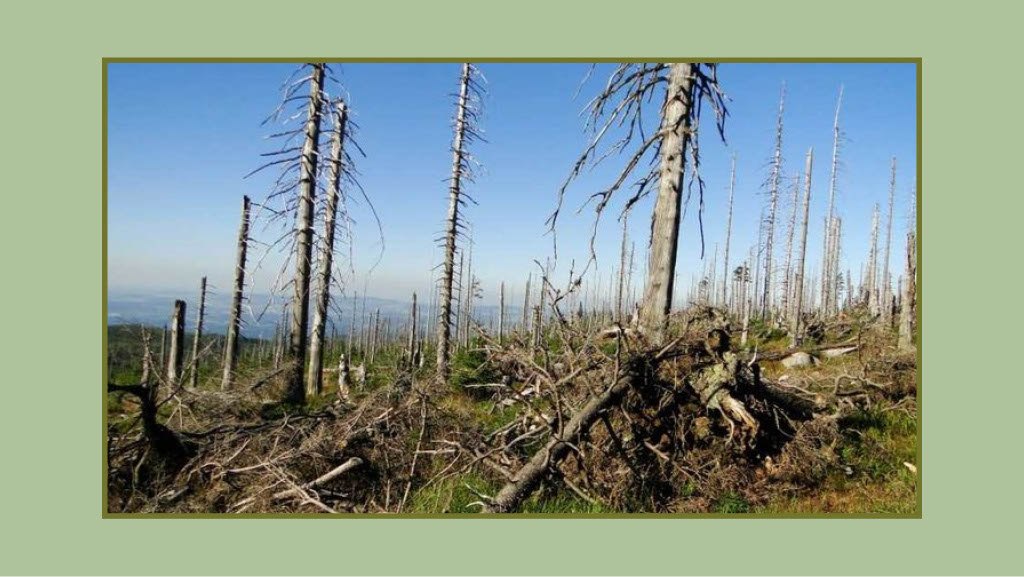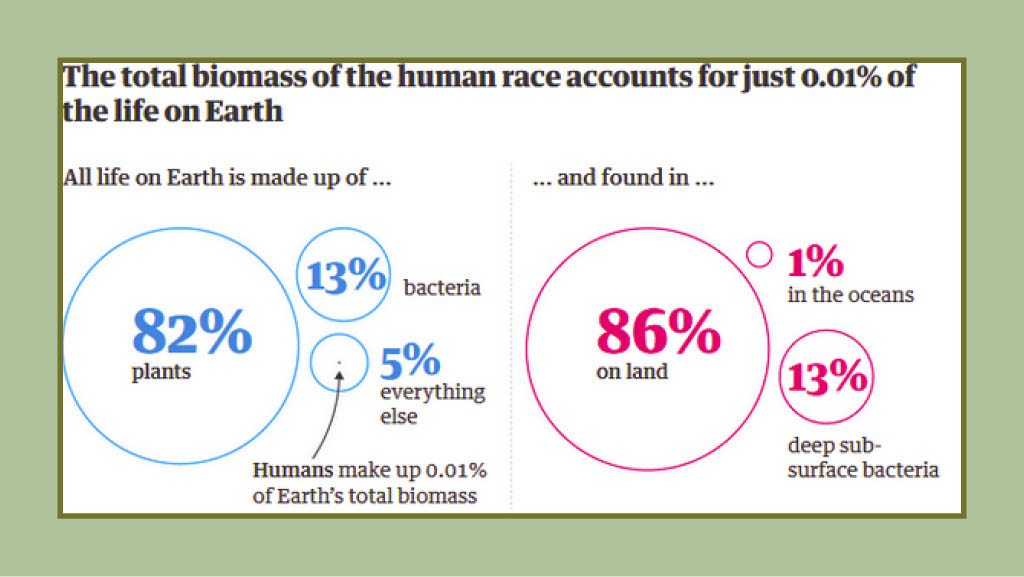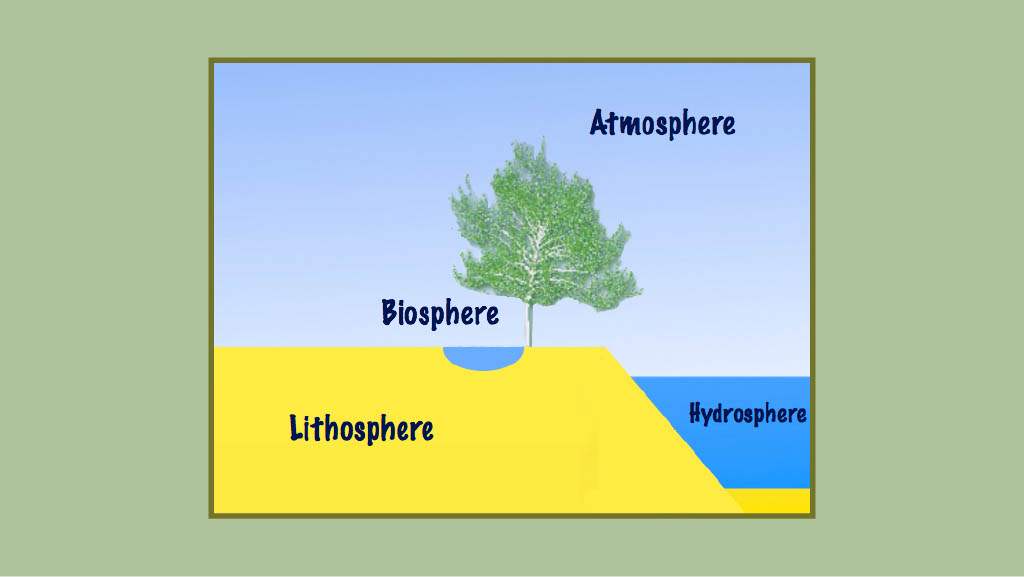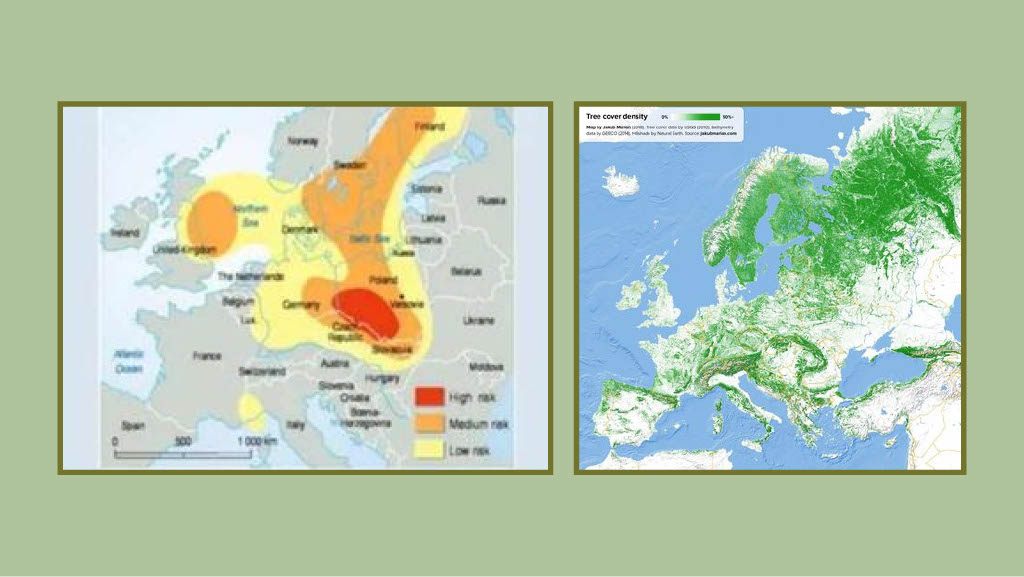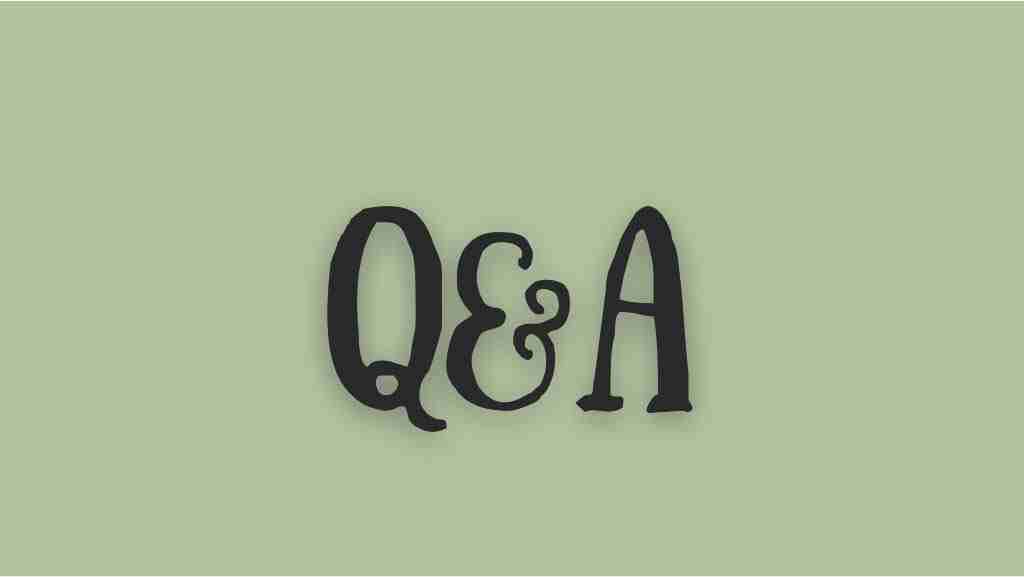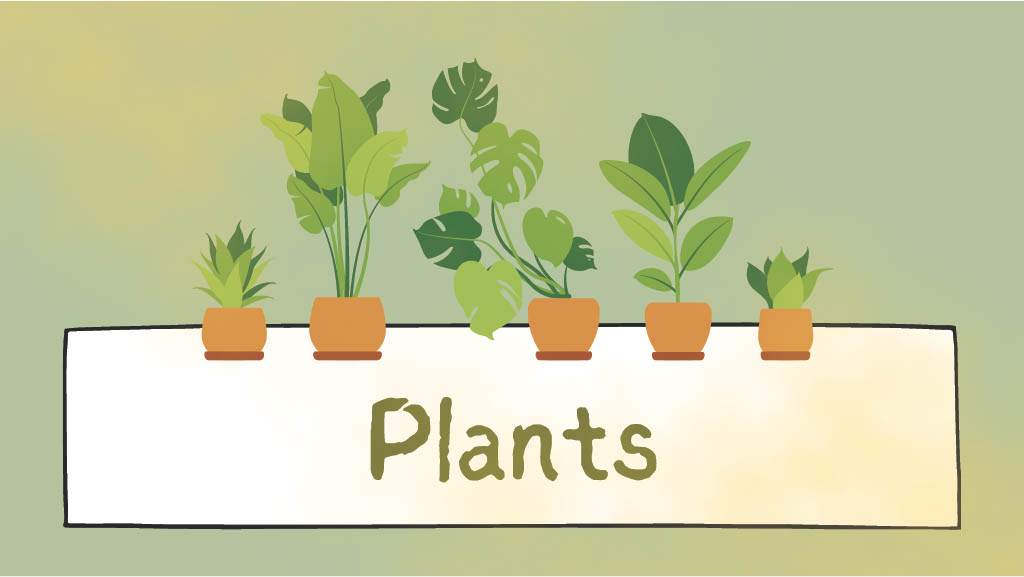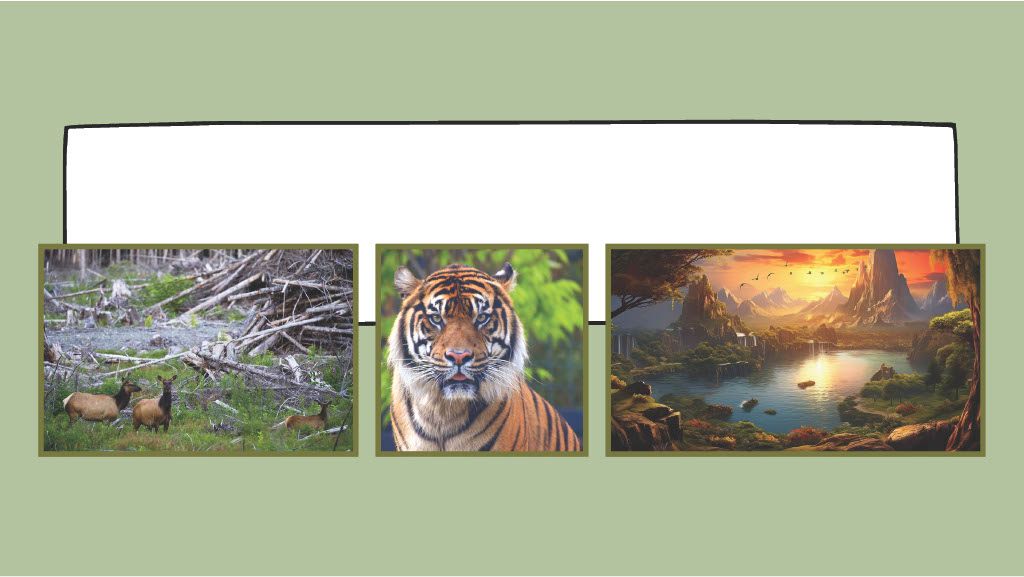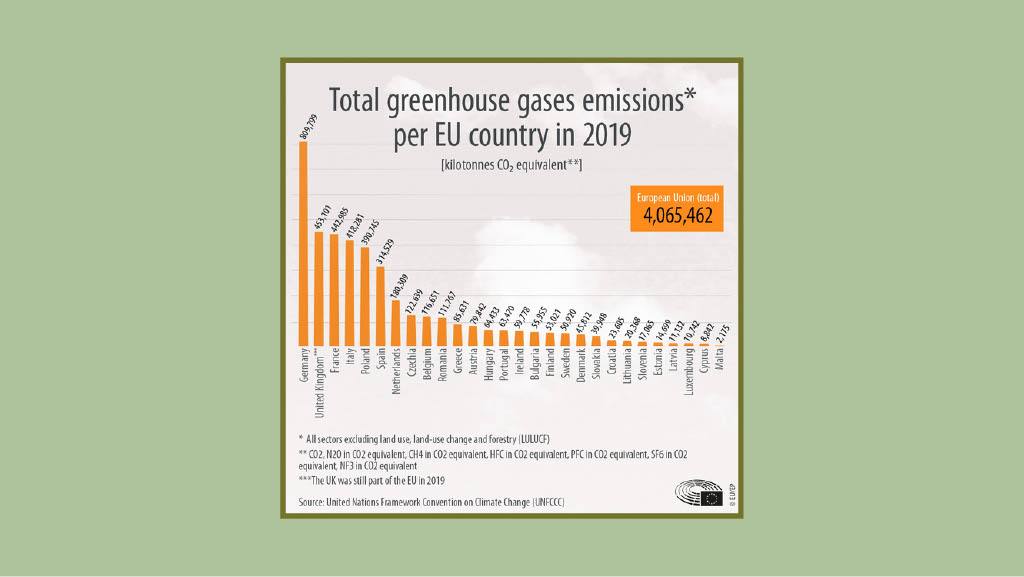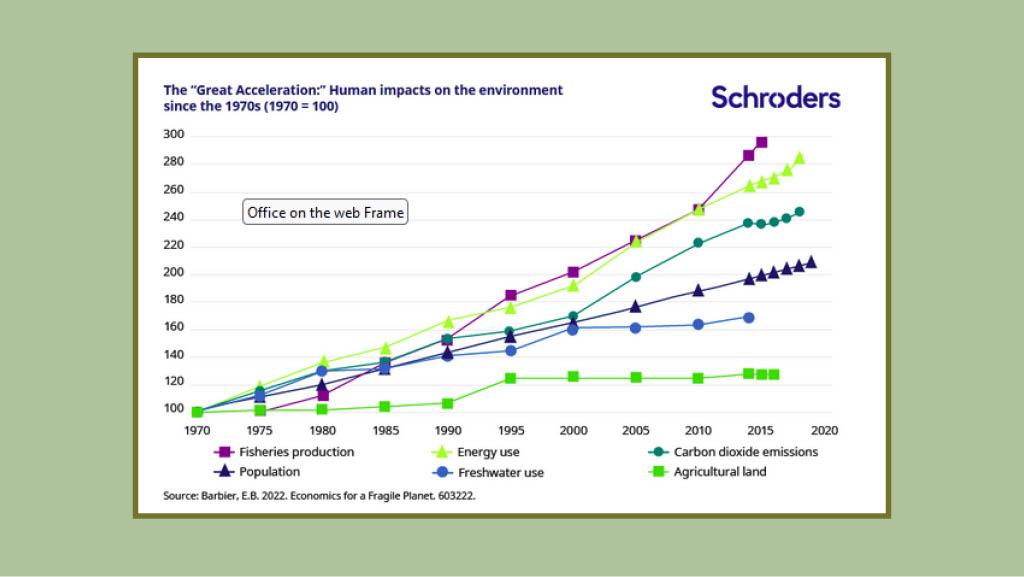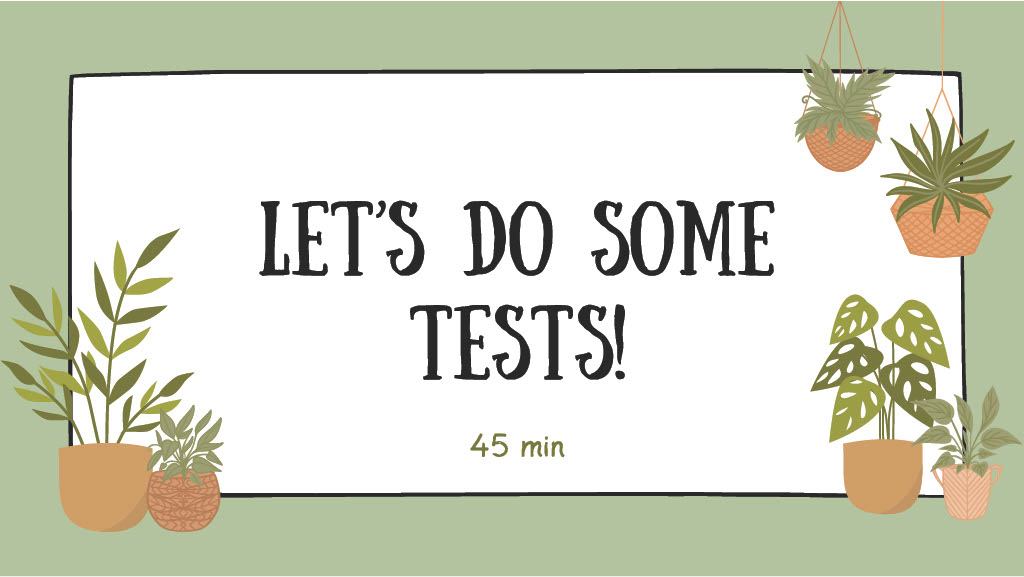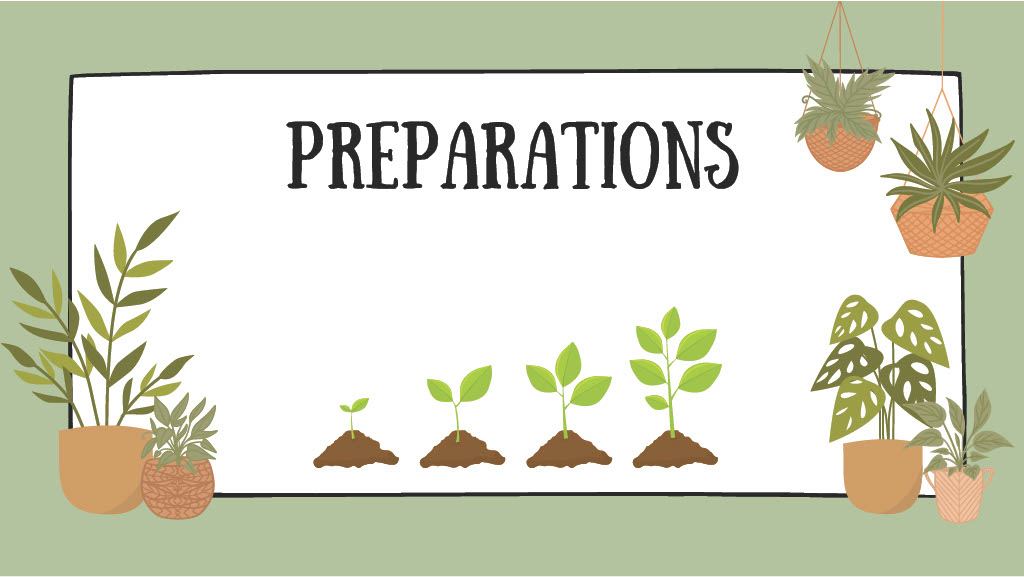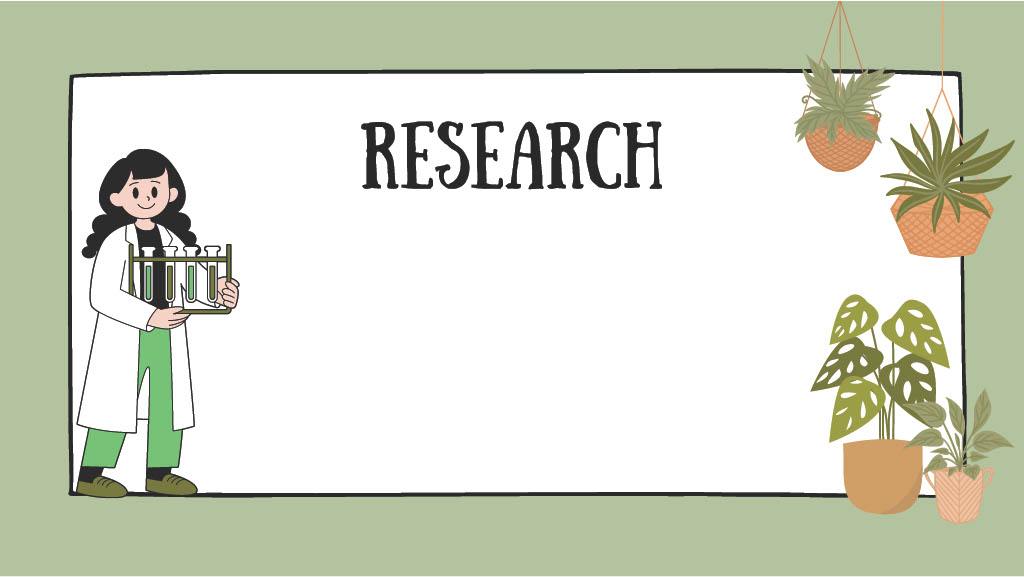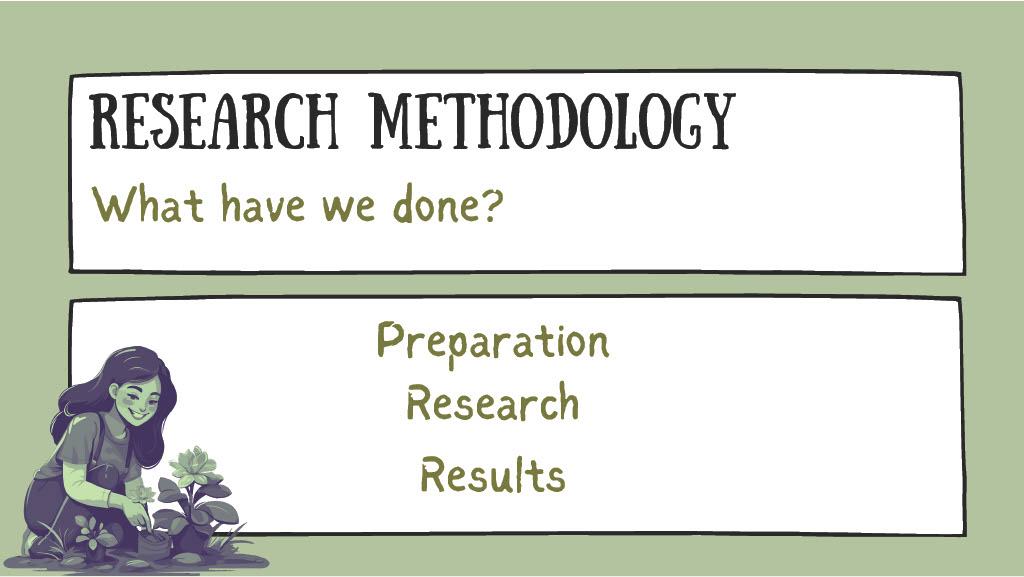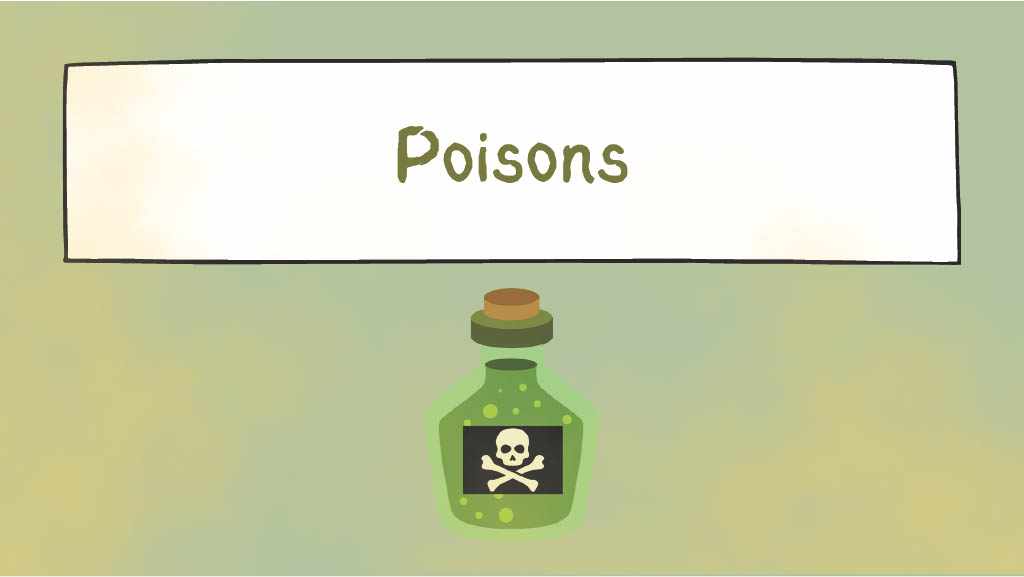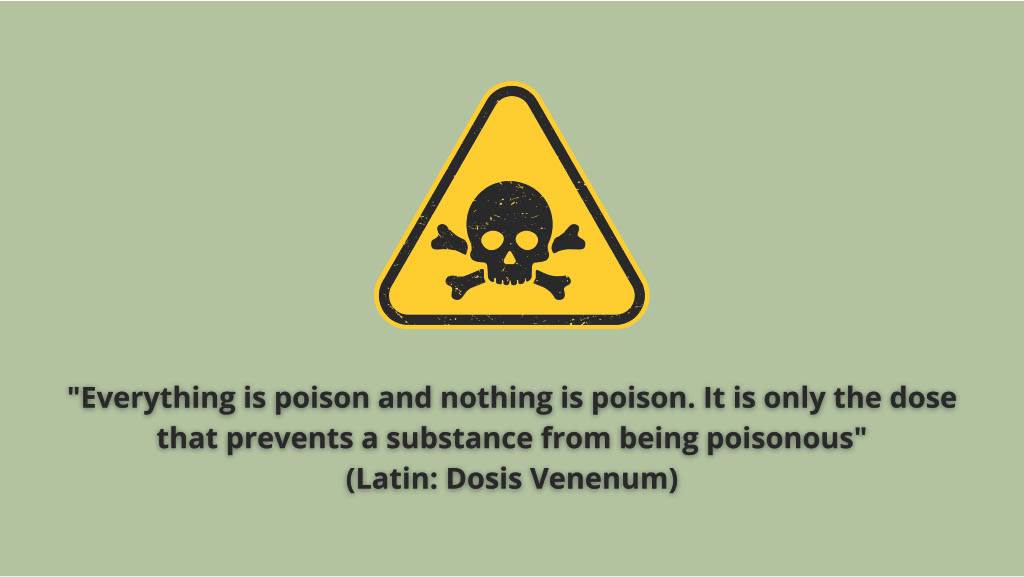Our research
Group: Marek Beardi, Georg Mohaupt, Alexei Adeagbo, Kamila Matuk, Julian (please don’t call me darling)
Course: STEM- exchange Poland-Germany
Teacher: Mr. Dannat (German group) and Mrs. Smolewska (Polish group)
We want to investigate the influence of natural poisons (such as poinsettia) and human-made poisons and pollutants on plants. If it’s possible, the soil in which the plants are growing should be contaminated. Then, we will inspect and document the growth of a plant in this soil, finding out what exactly is harmful or maybe even helpful to plants.
How does the poisoning of soils with different human-made and plant substances affect the growth of wheat?
Hypothesis:
We assume that the human made poisons would’ve a worse impact on plants than the natural poisons because
Experimental process:
Extraction of plant substances
collect plant material
cutting and smashing it
fill it in jam glasses
pour water over it (poinsettia: hot water)
smash it again and shake it
fill seven pots with soil and add two layers of the poison – material
mark the pots with etiquettes (to distinguish later on)
grind ca. 5g lead and aluminium and fill it into the pots
investigate the characteristics of the soil
– mortar
– knives
– glass pots
– beaker
– cutting board
– wheat
– clean water
– soil
– poisons out of plants
– poinsettia (leaves and stems)
– ivy (leaves and stems)
– walnut (roots)
– human made poisons
– aluminium powder
– lead powder
– dishwashing liquid
